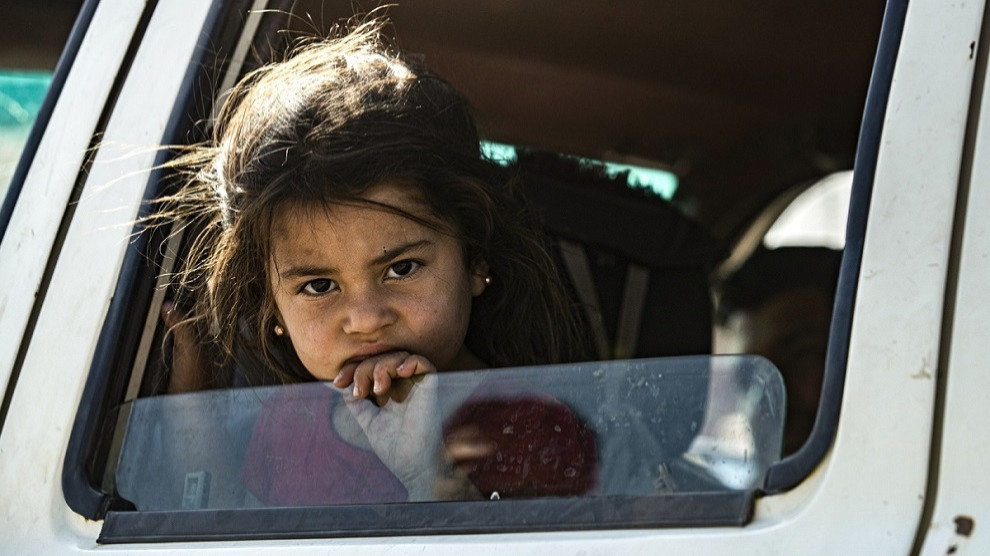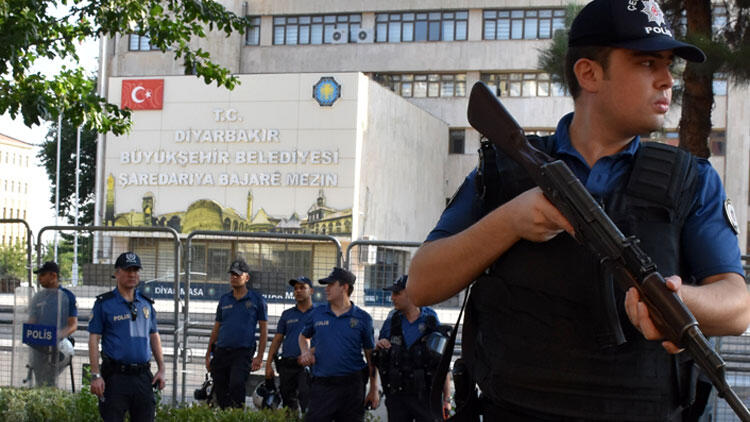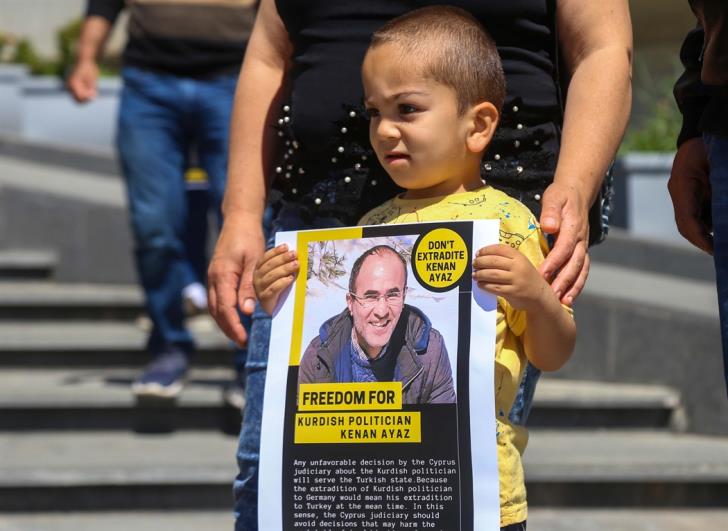
“Nearly two weeks after the start of the hostilities, over 176,000 people have been displaced, including nearly 80,000 children, and critical civilian infrastructure has been damaged.”
United Nations (UN) Office for the Coordination of Humanitarian Affairs in Damascus released a report on the current situation in northeast Syria amid the Turkish military offensive seeking to invade the region.
The report said that the military operation launched by Turkey on 9 October in Syria is having a significant humanitarian impact, adding; “Nearly two weeks after the start of the hostilities, over 176,000 people have been displaced, including nearly 80,000 children, and critical civilian infrastructure has been damaged.”
According to the report, apart from the Alouk water station, power lines have been damaged and at least four medical facilities are reported to be affected. Against this backdrop, humanitarian needs continue to grow.
The report noted that; “The Alouk water station, which serves over 400,000 people in Al-Hassakeh city and the surrounding displacement camps, has been out of service for the past ten days. A Syrian Arab Red Crescent (SARC) team, together with experts from the Water and Electricity Directorates, led the effort of repair. Temporary repairs to the water station were made and generators are now being used to supply safe water for the population in the area. Around half of those affected now have access while the rest will gain access in coming hours and days.”
“I am grateful that our appeals for humanitarian access were successful and that the teams were able to restore water and avert a more serious humanitarian problem for residents in the area”, said Imran Riza, the UN Resident and Humanitarian Coordinator in Syria, upon his return to Damascus from the northeast.
“We are doing everything we can to assist those affected by the crisis. The United Nations and humanitarian actors remain committed to stay and deliver vital humanitarian assistance to people in need in northeast Syria. To do so, we need parties to the conflict to ensure a safe environment in order to be able to continue our life-saving work. We welcome any effort made to de-escalate the situation. Given the volatile situation on the ground, the UN continues to reiterate the need for all parties to ensure that civilians, civilian infrastructure and aid workers remain protected and that humanitarian actors have safe, sustained and unimpeded access to those in need”, added Riza.


